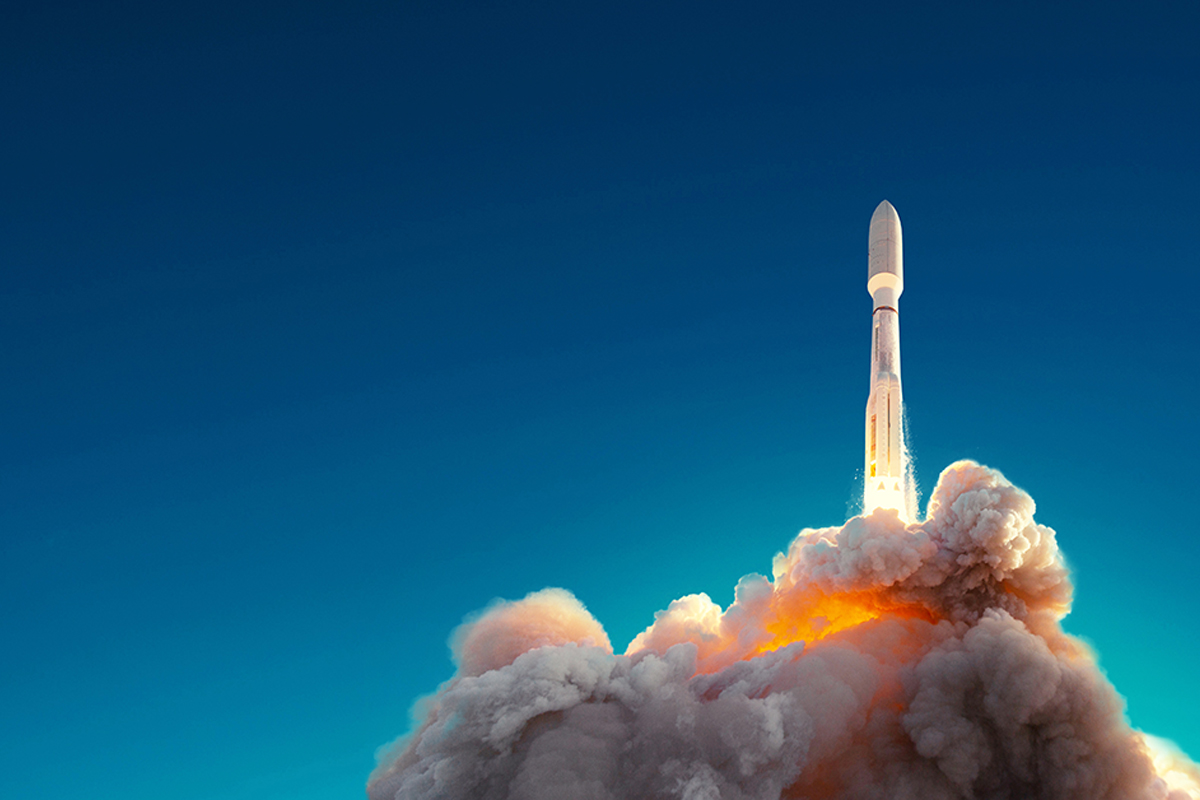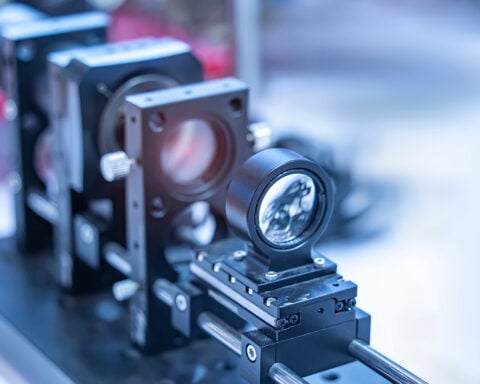The much-anticipated second test flight of Japan’s flagship rocket, the H3 series, has been delayed by Japan’s space agency, JAXA, due to adverse weather forecasts at the Tanegashima Space Center. This postponement follows heightened anticipation after the rocket’s initial flight failed a year ago.
Originally scheduled for Thursday, the launch was halted due to predicted thunderstorms and strong winds in the vicinity of the launch site. This decision underscores the cautious approach taken by Japanese space officials to ensure a successful liftoff, given the stakes involved.
The upcoming launch holds significant importance as it represents a crucial test following the setback of the failed debut flight last March. During that mission, the rocket had to be destroyed along with the advanced land observation satellite, ALOS-3, it was carrying, raising concerns about Japan’s space exploration efforts.
Since the failure, JAXA and Mitsubishi Heavy Industries, the primary contractor for the H3 project, have diligently worked to identify and address potential issues that led to the previous mishap. Extensive rehearsals have also been conducted to prepare for the second test flight, aiming to prevent a recurrence of past failures.
The primary objective of the upcoming mission remains placing the rocket into its intended trajectory. Alongside this goal, the H3 will carry a 2.6-metric ton mockup of the ALOS satellite, designated VEP-4, and two observation microsatellites developed by Canon Electronics and Seiren, among others.
Delays in the development of the H3 rocket, primarily attributed to engine development issues, have pushed back its launch by over two years. However, it promises to be a more cost-effective and globally competitive successor to Japan’s renowned H-2A rocket, capable of carrying larger payloads at half the launch costs with its newly developed hydrogen-fueled main engine.
Expectations for the H3 rocket are high, particularly following recent successes in Japan’s space program, such as a historic precision moon landing and the successful deployment of a spy satellite via the H-2A rocket. These achievements have raised hopes of demonstrating Japan’s competitiveness in the space race alongside global players like SpaceX.
The project manager of Mitsubishi’s H3 project emphasized the increasing demand for stable rocket launches, highlighting the potential of the H3 to serve satellite constellations and compete with major players in the industry.
As Japan’s space agency grapples with setbacks and challenges, the postponement of the H3 test flight serves as a reminder of the complexities involved in space exploration. Despite the delay, anticipation remains high for a successful launch that could represent a significant milestone in Japan’s pursuit of space exploration excellence.







